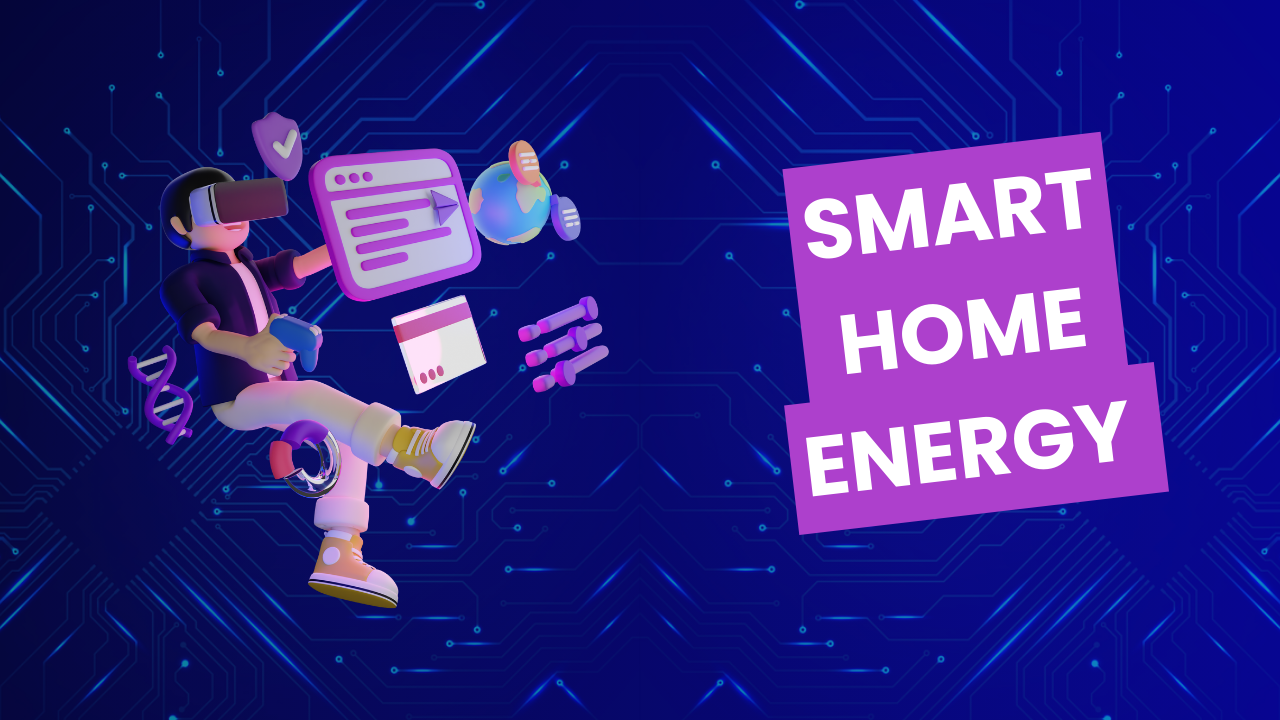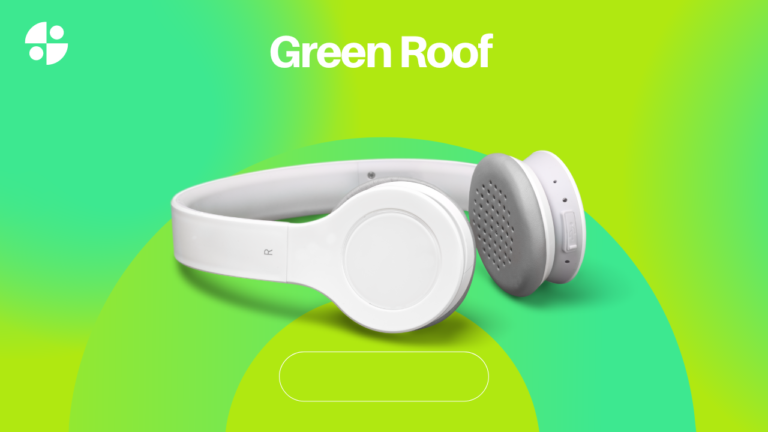Smart Home Energy Solutions: Enhancing Efficiency and Sustainability
\”Smart Home Energy Solutions\” are transforming the way we manage and consume energy in our homes. By integrating advanced technologies and automation, smart energy solutions offer greater control, efficiency, and sustainability. This comprehensive guide will explore the benefits of smart home energy solutions, the various types available, and how to implement them effectively in your home.
What Are Smart Home Energy Solutions?
Smart home energy solutions involve using intelligent systems and devices to monitor, control, and optimize energy usage. These solutions can include smart thermostats, energy-efficient lighting, smart appliances, solar panels, and energy management systems. By leveraging data and automation, smart home energy solutions help homeowners reduce energy consumption, lower utility bills, and minimize their environmental impact.
Benefits of Smart Home Energy Solutions
Increased Energy Efficiency
Smart home energy solutions enhance energy efficiency by providing precise control over energy usage. For example, smart thermostats learn your preferences and adjust heating and cooling automatically, ensuring optimal comfort while minimizing energy waste.
Cost Savings
By optimizing energy usage, smart home energy solutions can lead to significant cost savings on utility bills. Automated systems prevent energy waste by turning off lights, adjusting thermostats, and managing appliances when not in use.
Environmental Impact
Reducing energy consumption through smart home energy solutions lowers your carbon footprint. By conserving energy, you contribute to the reduction of greenhouse gas emissions and promote a more sustainable environment.
Convenience and Comfort
Smart home energy solutions offer unparalleled convenience and comfort. With remote control capabilities, you can manage your home\’s energy systems from anywhere using your smartphone or tablet. Automation ensures that your home is always at the ideal temperature and lighting level.
Improved Home Value
Homes equipped with smart energy solutions are increasingly attractive to buyers. These systems add value to your property by offering modern, energy-efficient features that appeal to environmentally conscious consumers.
Types of Smart Home Energy Solutions
Smart Thermostats
Smart thermostats are a cornerstone of smart home energy solutions. They learn your schedule and preferences, adjusting temperatures automatically to save energy without sacrificing comfort. Popular models include the Nest Thermostat, Ecobee, and Honeywell Lyric.
Energy-Efficient Lighting
Smart lighting systems use LED bulbs and automated controls to reduce energy consumption. These systems can be programmed to adjust lighting based on time of day, occupancy, and natural light levels. Brands like Philips Hue and LIFX offer a range of smart lighting options.
Smart Appliances
Smart appliances, such as refrigerators, washing machines, and ovens, offer advanced features that enhance energy efficiency. These appliances can be controlled remotely, providing alerts and adjusting settings to optimize performance and reduce energy use.
Solar Panels and Battery Storage
Integrating solar panels with smart energy management systems allows homeowners to generate and store renewable energy. Battery storage solutions, such as the Tesla Powerwall, store excess solar energy for use during peak demand times or power outages.
Energy Management Systems
Comprehensive energy management systems monitor and control all energy-consuming devices in your home. These systems provide real-time data and analytics, helping you identify areas for improvement and track energy savings.
Smart Plugs and Power Strips
Smart plugs and power strips allow you to control individual devices and appliances remotely. They can be programmed to turn off devices when not in use, preventing phantom energy consumption.
Home Energy Monitoring
Home energy monitoring systems track overall energy usage and provide insights into consumption patterns. Devices like the Sense Home Energy Monitor and the Emporia Vue offer detailed data that can help you make informed decisions about energy use.
Implementing Smart Home Energy Solutions
Assessing Your Needs
Before implementing smart home energy solutions, assess your needs and priorities. Consider which areas of your home consume the most energy and where automation and smart devices can have the greatest impact.
Choosing the Right Products
Select products that meet your needs and budget. Look for compatibility with other smart home systems and consider future expansion. Prioritize energy-efficient models with good reviews and reputable brands.
Professional Installation vs. DIY
Some smart home energy solutions can be installed by homeowners, while others may require professional installation. For complex systems like solar panels and comprehensive energy management systems, professional installation ensures optimal performance and safety.
Integration with Existing Systems
Ensure that new smart devices integrate seamlessly with your existing smart home systems. Compatibility with platforms like Amazon Alexa, Google Assistant, and Apple HomeKit can enhance the functionality and convenience of your smart home ecosystem.
Setting Up Automation and Schedules
Take advantage of automation features to maximize energy savings. Set up schedules and routines for lighting, heating, and cooling based on your daily habits. Use occupancy sensors to adjust settings automatically when rooms are vacant.
Monitoring and Optimization
Regularly monitor your energy usage through smart home energy management systems. Analyze data to identify trends and areas for improvement. Make adjustments to your automation and settings to optimize energy efficiency continually.
Final Thoughts on Smart Home Energy Solutions
Smart home energy solutions offer a powerful way to enhance energy efficiency, reduce costs, and promote sustainability. By integrating advanced technologies and automation, you can achieve greater control over your energy consumption and create a more comfortable, convenient, and environmentally friendly home. Whether you start with a single smart thermostat or invest in a comprehensive energy management system, smart home energy solutions provide a path to a smarter, more efficient future.
FAQs on Smart Home Energy Solutions
Q: What are the best smart thermostats for energy savings?
A: Popular smart thermostats include the Nest Thermostat, Ecobee, and Honeywell Lyric. These models offer advanced features like learning algorithms, remote control, and integration with other smart home systems.
Q: Can smart lighting systems really save energy?
A: Yes, smart lighting systems use energy-efficient LED bulbs and automated controls to reduce energy consumption. By adjusting lighting based on occupancy and natural light levels, they minimize energy waste.
Q: How do solar panels work with smart home energy solutions?
A: Solar panels generate renewable energy, which can be integrated with smart energy management systems. Battery storage solutions, like the Tesla Powerwall, store excess energy for use during peak demand times or power outages, enhancing efficiency and sustainability.
Q: Are smart appliances worth the investment?
A: Smart appliances offer advanced features that enhance energy efficiency and convenience. While they may have a higher upfront cost, the long-term energy savings and added functionality can make them a worthwhile investment.
Q: What is an energy management system?
A: An energy management system monitors and controls all energy-consuming devices in your home. It provides real-time data and analytics, helping you identify areas for improvement and track energy savings.
Q: Can I install smart home energy solutions myself?
A: Many smart home energy solutions, like smart thermostats and lighting, can be installed by homeowners. However, more complex systems, such as solar panels and comprehensive energy management systems, may require professional installation for optimal performance and safety.
Q: How do I ensure compatibility with my existing smart home system?
A: Look for products that are compatible with popular smart home platforms like Amazon Alexa, Google Assistant, and Apple HomeKit. Check manufacturer specifications and reviews to ensure seamless integration with your existing system.
Q: How can I optimize energy savings with smart home energy solutions?
A: Use automation features to set schedules and routines based on your daily habits. Monitor energy usage through energy management systems and make adjustments to optimize efficiency continually. Implement energy-saving practices like turning off devices when not in use and using occupancy sensors.
Smart home energy solutions are a valuable investment in creating a more efficient, sustainable, and comfortable living environment. By leveraging technology and data, you can take control of your energy consumption and contribute to a greener future.





